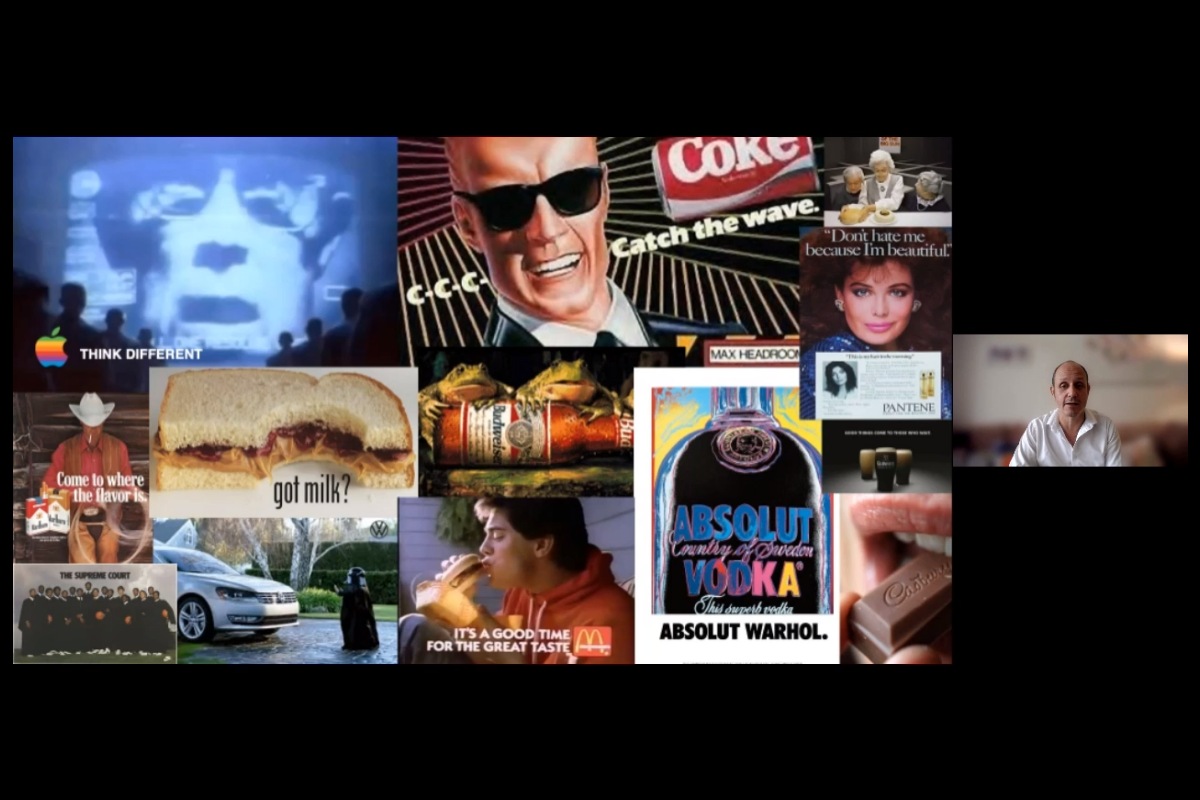Technology transformation has advanced to such a point that it is beginning to confer less and less of a competitive advantage. And on this new level playing field, CMOs—much beleaguered and sometimes even sidelined in recent years—will have a chance to reassert their role as key players in delivering growth.
That's according to Justin Peyton, APAC chief transformation and strategy officer at Wunderman Thompson, who used his Tuesday session during Spikes Asia X Campaign to outline what this transition means, and what three trends CMOs must leverage to capitalise on it.
"With technology transformation, and with marketing transformation, we're starting to see a similar wave, where more and more brands are reaching a point where they have quite mature martech stacks," he said. "And so it's less about, do they have a capability. It's increasingly going to be about how are they activating that capability?" In this scenario, he asserted, creative use of the available tools will become a more crucial competitive edge.
"In actual fact, what consumers want, and where consumer behaviour is really reactive, is when we give consumers the confidence that they're making the right choice by making choices feel relevant to them, and making them really easy to make."
Peyton cited research showing that brands which succeed at making their product, their service and their brand synonymous—those that provide a cohesive experience, in other words—enjoy a "winner takes most" advantage in the market.
"The real experience leaders are seeing outsized performance and outsized growth versus the others," he said. Across many categories, the gap between the No. 1 player and the No. 2 player has been getting larger.
To be on the blue line on the above chart, Peyton advised CMOs to drive three trends in their companies.
1. Increase brand distinction
Over the last several years, and especially in 2020, brands invested more heavily in performance—the lower-funnel activities closest to conversion. "But already this year, we're seeing research from Google coming out where they are saying that that move is shifting back, and brand distinction is becoming more important. Being 'top of mind' and creating mental availability is becoming more important." Peyton cited Adidas' realisation that it had spent too much on performance, when it turns out brand-building activities are responsible for the vast majority of its growth.
2. Intermingling discovery and conversion
Shrinking the distance consumers have to travel between stumbling upon a product and buying it should be a major point of focus for CMOs, Peyton said. The companies that win will be those that find the most inventive ways to do so. He cited, for example (clockwise from top left in the picture below):
- Cosmetics brand MAC, which uses WeChat to provide its shoppers with personalised experience and purchasing through their phones in its stores in China
- Facebook's Commerce offering
- A loyalty program from North American restaurant Panera Bread that gives people unlimited coffee for $10 a month, driving in-store visits and a massive increase in sales.
- Augmented reality try-on services
3. Putting value to purpose
While you can scarcely read anything about marketing these days without running into the importance of brand purpose, Peyton indicated that more brands need to do a better job of assessing how well purpose pays off. "There's been a lot of examples of really beautiful, purposeful work over the past year," he said. "But I think key to that is not just the understanding of what your brand purpose is, but the understanding of the value that purpose delivers to your bottom line."
He cited Unilever, which has stated that the brands in its stable that have a clear purpose are growing 69% faster than the brands that don't, and that 75% of overall growth is coming from the brands that have a well-defined purpose.
"The key for marketers is to do this individually for their brands, and to spend the time with the CFO to look at, how do we actually take these ambitions, these brand purpose elements, and translate that back to the quant view of what it's delivering to the business?"
As closing advice, Peyton again advised marketers to focus on fundamentals such as USPs, remaining top-of-mind among consumers and creating mental availability. Furthermore he urged CMOs to be more accountable for blending product, service and channel together in service of bottom-line goals and helping the brand grow.
"And when we do all those things together, I think what we'll see is that the next wave of transformation is really going to be driven by how we do things, not just by what we can do," he said. "And what that means is that that next wave of transformation will truly be creative in nature, because creativity will be commercial."
Watch Peyton's Spikes Asia X Campaign session:
See all our Spikes Asia X Campaign coverage:












